The 5 Foundational DevOps Practices
4.9 out of 5 based on 9487 votesLast updated on 26th Aug 2024 19.36K Views
- Bookmark

DevOps relies on five foundational practices that form the core of effective DevOps implementations.

Introduction
DevOps is a transformative approach that integrates development and operations to enhance the software delivery lifecycle. By adopting foundational practices such as continuous integration, continuous delivery, infrastructure as code, and effective monitoring, organizations can streamline processes and improve collaboration. These practices foster faster deployments, higher quality, and more reliable systems, ultimately enabling businesses to respond more effectively to evolving demands and challenges. One can join the DevOps Course to learn more about the various DevOps practices.
What Is DevOps?
DevOps is a set of practices that combines software development (Dev) and IT operations (Ops) to improve the speed, efficiency, and quality of software delivery. It emphasizes collaboration between developers, operations teams, and other stakeholders throughout the software development lifecycle.
The goal of DevOps is to break down silos that traditionally existed between development and operations, fostering a culture of continuous integration, continuous delivery (CI/CD), and automation. By automating repetitive tasks, such as testing and deployment, DevOps enables teams to release software updates more frequently and with fewer errors.
Key principles of DevOps include collaboration, automation, continuous improvement, and monitoring. Tools commonly used in DevOps include version control systems like Git, CI/CD pipelines such as Jenkins, infrastructure as code tools like Terraform, and containerization platforms like Docker and Kubernetes.
Ultimately, DevOps helps organizations respond more quickly to customer needs, reduces the risk of deployment failures, and enables more reliable and scalable software systems. By integrating development and operations, businesses can innovate faster while maintaining stability and quality.
What Are DevOps Practices?
DevOps practices are key to integrating development and operations teams, and enhancing the software delivery process. Central to DevOps is continuous integration (CI) and continuous delivery (CD), which automate the building, testing, and deployment of code changes, ensuring faster and more reliable releases. Infrastructure as code (IaC) allows teams to manage and provision infrastructure through code, enabling consistency and scalability.
Other practices include monitoring and logging, which provide real-time insights into application performance and system health, facilitating quick problem resolution. Collaboration and communication are also vital, fostering a culture of shared responsibility and continuous feedback between development and operations teams.
Also Read These Posts:
5 Foundational DevOps Practices
DevOps has five foundational DevOps practices that form the bedrock of successful DevOps implementations. Consider joining the DevOps Course to learn these practices effectively.
- Continuous Integration (CI): CI involves frequently merging code changes into a shared repository, typically several times a day. Automated builds and tests are triggered with each integration, allowing teams to detect and address integration issues early. This practice reduces bugs, ensures a consistent codebase, and speeds up development cycles.
- Continuous Delivery (CD): CD extends CI by automating the deployment process, ensuring that code changes can be released to production at any time. It involves automated testing and validation, allowing teams to deploy updates quickly and with confidence. CD practices enhance the ability to deliver features and fixes to users rapidly.
- Infrastructure as Code (IaC): IaC involves managing and provisioning infrastructure using code and automation tools. This practice enables teams to define and manage infrastructure in a consistent, repeatable manner, reducing manual configuration errors and ensuring that environments are easily reproducible.
- Monitoring and Logging: Effective monitoring and logging provide real-time insights into application performance and system health. This practice allows teams to identify and troubleshoot issues promptly, ensuring high availability and reliability of applications.
- Collaboration and Communication: Encouraging open communication and collaboration between development, operations, and other stakeholders is crucial. This practice fosters a culture of shared responsibility and continuous feedback, improving overall team efficiency and effectiveness.
Conclusion
In summary, incorporating foundational DevOps practices—CI, CD, IaC, monitoring, and collaboration—drives efficiency and reliability in software development. Professionals may pursue MS in DevOps for the best skill development. By automating processes, fostering teamwork, and ensuring continuous feedback, organizations can accelerate delivery, enhance quality, and adapt swiftly to changing needs, ultimately achieving better outcomes and higher customer satisfaction.
Subscribe For Free Demo
Free Demo for Corporate & Online Trainings.
.webp)

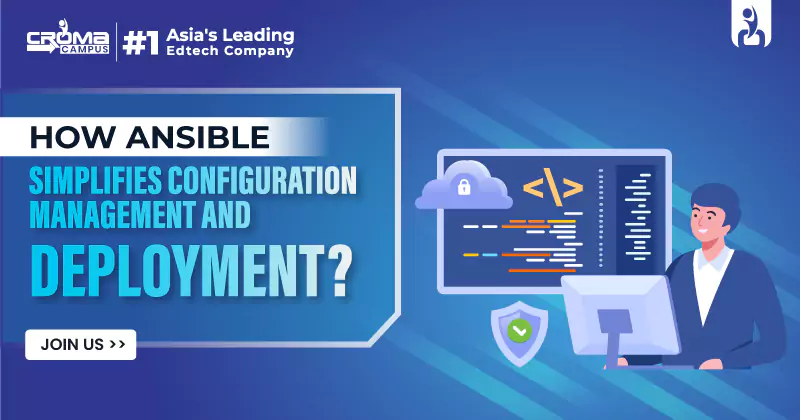
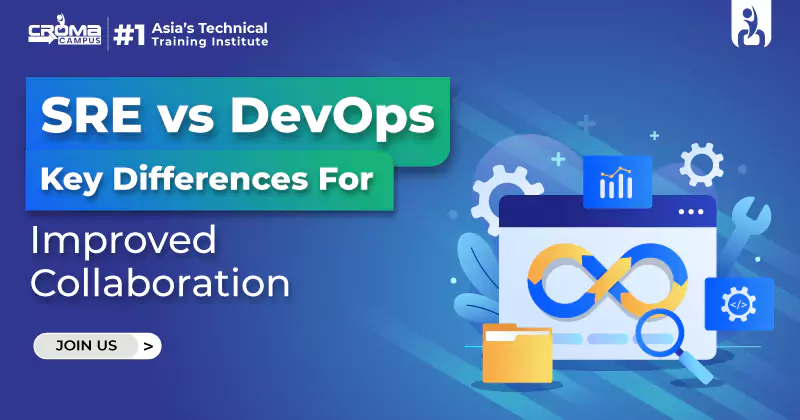

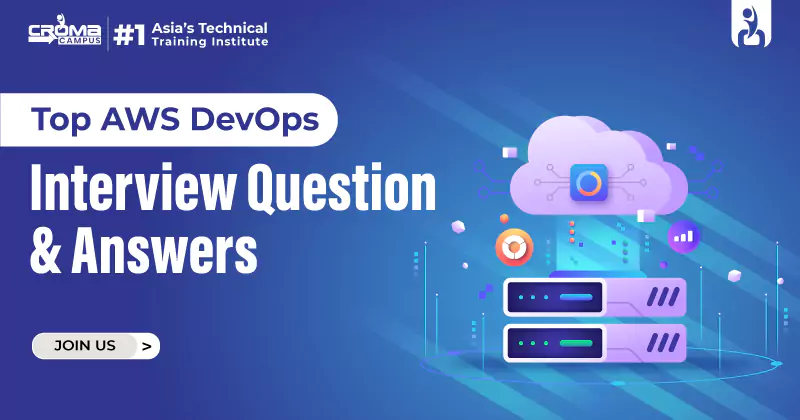
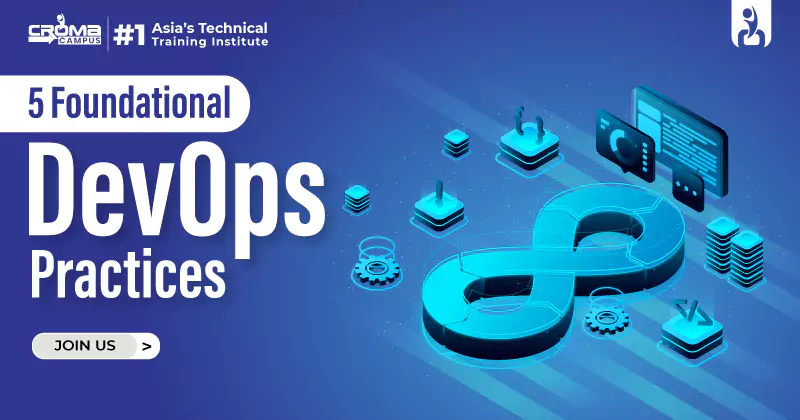


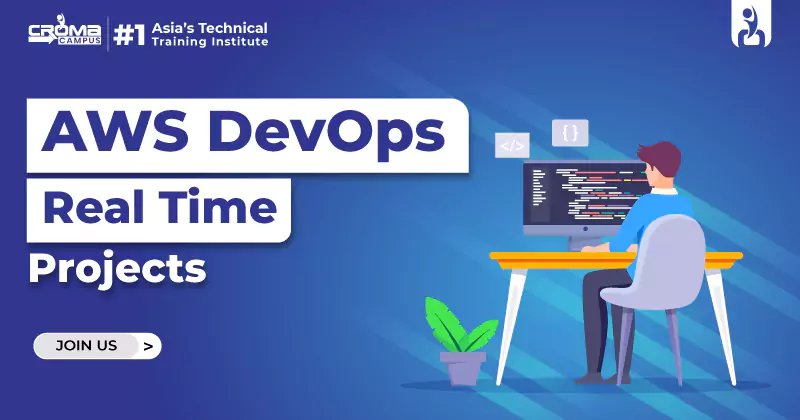

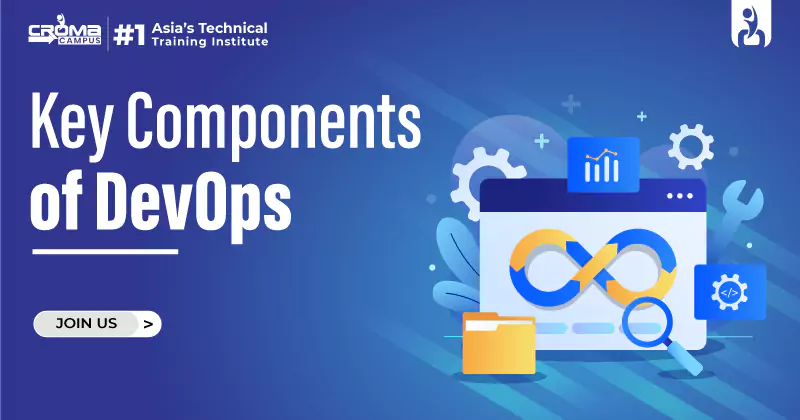













.webp)

.png)















